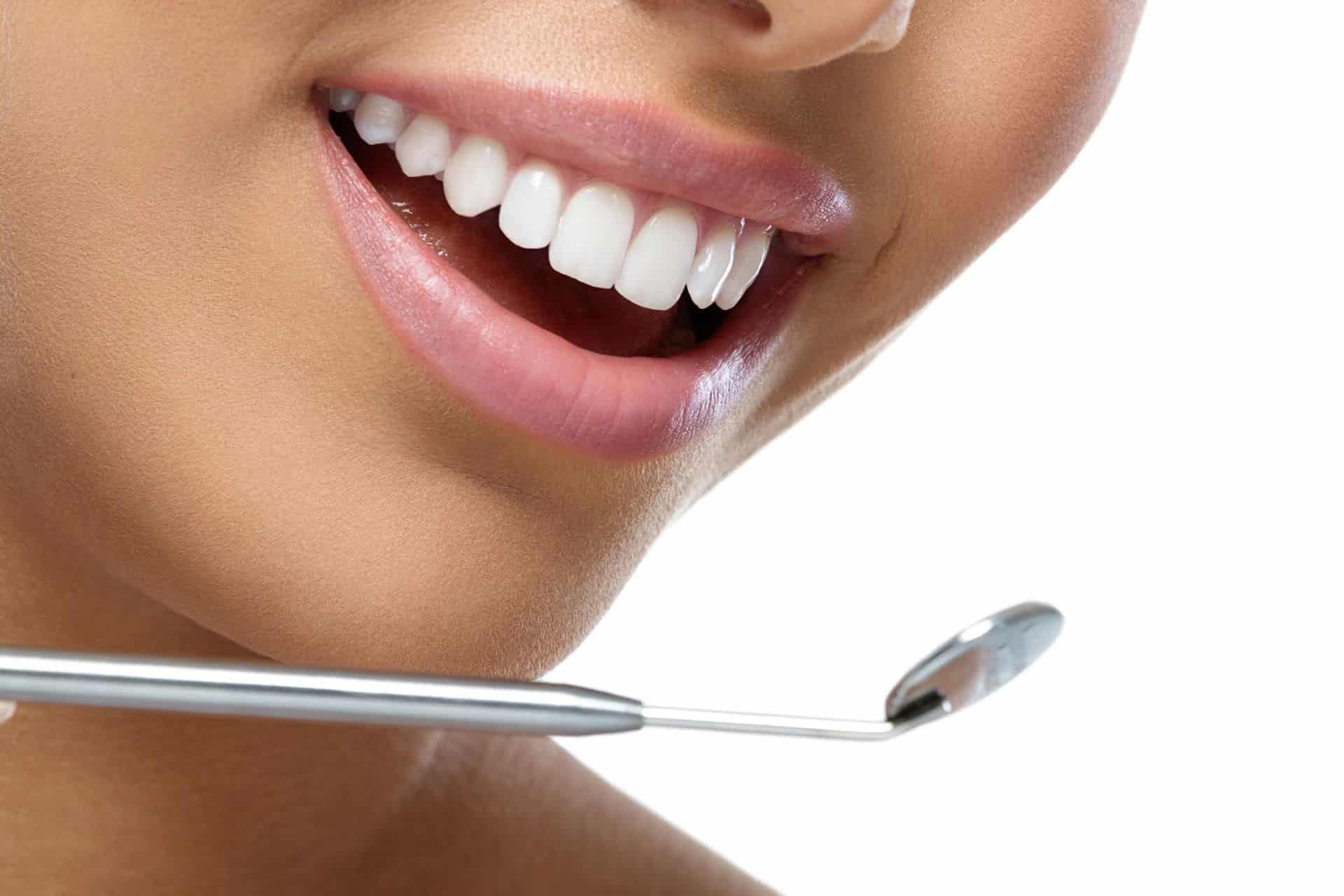
However, some people don’t realize that they have oral cancer until it’s already too late, primarily due to the numerous myths that surround this disease. Discover some oral cancer myths vs. facts to help you make sound decisions.
Oral Cancer Is Uncommon
The main reason people ignore the possibility of oral cancer is a common belief that oral cancer is rare. Unfortunately, this misinformation makes people assume they are safe from this cancer, so the individuals do the least to protect themselves. Nonetheless, mouth and throat cancer is more common than stomach and cervix cancer.
Oral Cancer Only Affects the Old
Most individuals believe they are too young to develop oral cancer. And while it is true that seniors are at a higher risk of oral cancer, that does not make the young proof of this disease.
The prevalence of oral cancer among the old is rising, primarily due to the link between human papillomavirus (HPV) and cancer. HPV is a sexually transmitted infection that is more common in young individuals, which explains the increased risk of oral cancer in youths.
Oral Cancer Is Not Preventable
Anyone can develop oral cancer, and like other forms of cancer, the thought of developing this disease is scary. Luckily, you can take several precautions to lower your risk.
First, since poor lifestyle choices mainly cause oral cancer, you can adopt healthy habits such as quitting smoking and alcohol consumption. Additionally, watch your diet by consuming more vegetables, such as cabbage and broccoli, and protect your lips with lip balm before you head out.
Also, considering the link between oral cancer and sexually transmitted infections, you can protect yourself by practicing safe sex.
Oral Cancer Is Only Common in Smokers
Just because you don’t smoke or use any form of tobacco does not make you safe from oral cancer. Although nicotine and tobacco are indeed major culprits, other risk factors, such as genes, make you more prone to the disease.
You may inherit some genetic mutations that put you at a higher risk of oral cancer. For example, Fanconi anemia, a genetically inherited blood cancer, has been found to increase the risk of oral cancer.
In the same way, Dyskeratosis congenita, a condition that affects the blood, puts patients at risk of developing oral cancer at an early age. Gender is another risk factor; men are at a higher risk of this disease than women.
Oral Cancer Screening Is Only Necessary for High-Risk Individuals
Most people will agree they have never undergone an oral cancer screening. The individuals assume that the test is only necessary after noticing signs of oral cancer.
Nonetheless, don’t wait until you suspect to have this disease to rush to the dentist for screening. Instead, undergo this procedure each time you schedule a dental exam to allow your dentist to spot signs of oral cancer before things escalate.
During the screening, the dentist checks your throat, tongue, and mouth for abnormalities such as sores and discoloration. The dental health expert may then refer you to a specialist for a biopsy if they find any signs of oral cancer, and you can start treatment immediately to manage those symptoms.
Now that you can differentiate oral cancer myths from facts, you can make informed decisions to protect yourself or seek treatment early enough.
You can count on us at The San Diego Center for Oral and Maxillofacial Surgery to assess your oral health and offer suitable oral cancer treatment. In addition, we provide oral surgery services to help get rid of cancerous cells before they spread further. Contact us for more information.
